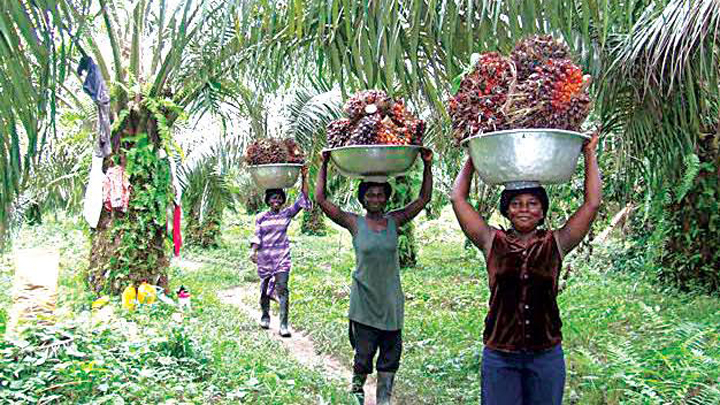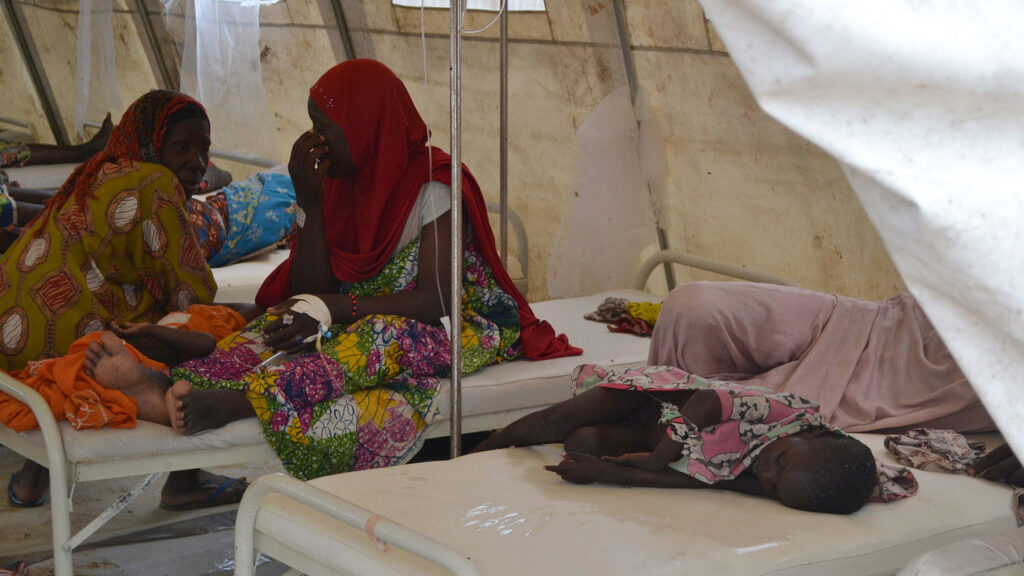
The recurrent absence of rainfall for a couple of months has put more than 17 million people to danger of imminent famine, hunger and starvation in the Horn of Africa, the UN food agency warned recently. The severe droughts since the failure of last October-December rains is reportedly ravaging Djibouti, Eritrea, Ethiopia, Kenya, Somalia, South Sudan, Sudan and Uganda, according the United Nations Food and Agricultural Organization (FAO).
Consequently, urgent steps need to be taken now to avert the looming danger given, especially, the fact that the drought situation in the region could be extremely worrisome, particularly, in almost all of Somalia but also across southern and south-eastern Ethiopia, and northern Kenya. Thus, before the next rains, which is expected at least about eight weeks away and the next main harvest not until July; millions are at risk of food scarcity across the region. The combined impacts of climatic factors and political upheavals have compounded the deteriorating situation. How to bring remedial measures to cushion the impacts of the drought is most urgent. The usual humanitarian food donation should be stepped up
Incidentally, the crisis of food insecurity is an Africa-wide challenge. Nigeria and indeed a number of other countries across Africa face the same predicament. Not too long ago, a warning by the presidency over imminent food crisis made headlines. The warning merely re-echoed an alarm earlier raised by farmers and stakeholders in the agro-business sector, who, have decried the incidence of hoarding and indiscriminate export of grains by produce merchants. The huge demand for local grains in the global market is creating an excellent environment for the mindless export of Nigerian grains across borders, and unless this is curtailed, Nigerian markets will continue to be bereft of food.
The former Minister of Agriculture, Mr. Audu Ogbe, confirmed this development at a meeting with agro-businessmen held in Abuja. “You need to go to Kebbi to see trucks from Niger, Chad, Mali, Republic of Benin and Upper Volta loading grains”, he said, adding that the naira “is so weak now that our crops are the cheapest in the zone.” Whilst the Presidency’s self righteous warning and minister’s lamentation are regrettable, Nigerians want to believe that their comments are not political statements, under which to hide government’s shortcomings and tardiness during the last and out-gone agricultural year.
Against the fact that some experts in agro-business had warned about an imminent food crisis occasioned by widespread insecurity – Boko Haram, banditry, kidnapping and late planting of grains, it is difficult to understand how a bumper harvest could be possible. Moreover, business activities between produce merchants of neighbouring countries and farmers or middlemen are not new. That the merchants are buying off grains in droves and carting them away to other countries or hoarding them has been an age-long practice.
What is observable is the typical blame-game characteristic of government establishments that talk down on people, or find excuses for ill-prepared responses to crises. In this case, it is the weakened Naira, which allows all manner of buyers to purchase our grains so cheaply that has been adduced as a reason for the imminent famine.
Whereas, the natural reaction to the looming famine is for the Ministry of Agriculture to purchase and store grains for the rainy day, it is still pertinent that questions be raised about the response of the government to the factors of food security.
What has been the condition of Nigeria’s silos? Are they stored with grains or empty? When the country had a bumper harvest of grains, or surplus produce, why were the grains not stored in silos? Is it the case that government agriculture experts do not know what causes famine? Was there a bumper harvest? Were grains really available for purchase? If so, how did the country manage the availability? How did we distribute them? How well did the authorities manage storage for exigencies such as this? Why is there no embargo on grain exportation by farmers?
Rather than lament over its inaction, the Federal Ministry of agriculture should facilitate the establishment and promotion of agricultural cooperatives and farmers’ societies by charging states and local governments to take food matter seriously. If there is anywhere the much-touted principle of federalism is to be demonstrated, it is in agricultural cooperatives and farmers’ societies, where national policies on food and agriculture could get grassroots translation and realisation.
In situations such as the one befalling the nation in the far North, there is a need to re-emphasise the role of farmers’ cooperatives and societies in addressing food insecurity and reducing poverty. Besides creating jobs for rural dwellers that form the bulk of food producers, agricultural cooperatives provide the resources farmers need for production as well as the markets for their products. Furthermore, they provide platform for farmers and agro-business persons to participate in the decision-making process that affects the material wellbeing of the people.
The Federal Government can also address this problem by encouraging value-creation for the grains through conversion to other useful products. The value of grains does not lie in being mere staple for the people. Converting them to refined off-the-shelf foods, animal feeds and industrial chemicals is an added value-chain for agro-businesses. But this can only be meaningful with the presence of requisite factors of production, especially power supply and good transportation network.
Therefore, not many would doubt that government does not act as responsively and responsibly as it ought to, in this regard. If the constitutional provision that security and welfare of citizens are the primary duty of government is anything to go by, authorities and stakeholders would have envisaged the present situation and would also have taken appropriate measures well in advance. The Federal Government should not be the one raising any alarm.
Warning Nigerians without prior measures for redress is a pretentious reactionary stance by an administration that either refused to act when the signs were visible, or clueless about what to do. Whichever way, there is nothing demonstrating efficiency and capacity in merely announcing doomsday when nothing was done to prevent it. That is inconsistent with its position of ensuring security in the first place. It is for this reason that the government’s alarm, which came through as outright grandstanding is offensive. Government should move the country from rhetoric and grandiloquence to action that can lead to food security in the country.












